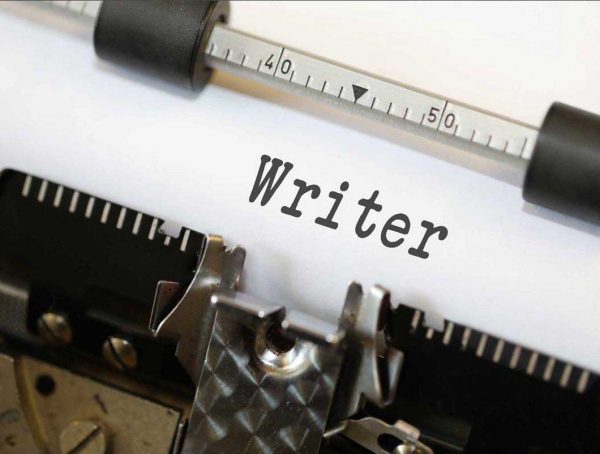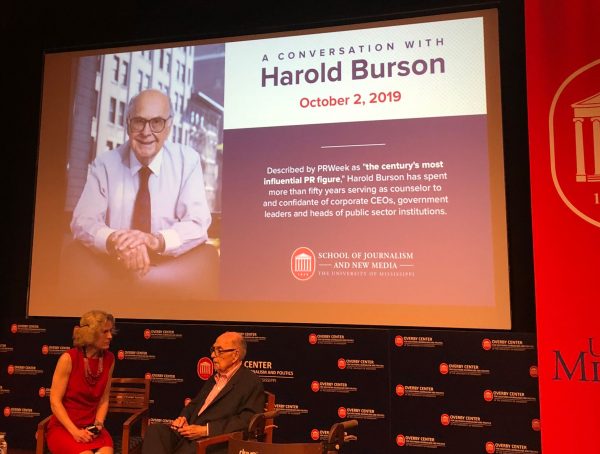 What are the key steps to effective video storytelling? For Jason Lamb of KTUU in Anchorage, focus and observation, combined with meticulous logging of video, add up to a winning formula. This year, Lamb won a Murrow award for writing and an SPJ award for feature reporting.
What are the key steps to effective video storytelling? For Jason Lamb of KTUU in Anchorage, focus and observation, combined with meticulous logging of video, add up to a winning formula. This year, Lamb won a Murrow award for writing and an SPJ award for feature reporting.
“Beyond just the story ‘subject,’ a focus tells you what person, object or theme you’ll be dealing with during your story,” Lamb told my colleague Deb Wenger. “You can start thinking about your story focus while you’re still on your shoot, or even before it starts. When you write your story, if a line of reporter track or a sound bite doesn’t fit your focus, you should probably throw it out.”
While he’s in the field, Wenger writes, Lamb tries to “take off his reporter hat” to take in the scene around him for a few moments.
“What would a normal observer – without the wireless mic, tripod and camera – say or think about what they’re seeing or hearing? Sometimes you can get some great lines for your story, just by taking it all in,” Lamb says.
“When I write, I try to set up the moments I’ve identified with a line of reporter track, providing some context or an observation about what the viewer is about to see, then I let the moment play out, without talking over it.”
Here’s an example–the story that won Lamb the 2011 Sigma Delta Chi award for feature reporting:
“Good writing is as much about what you choose to write as it is about what you don’t write,” Lamb told Wenger. “There are no words I could say that would be more powerful then letting viewers experience a mother kissing her dying four-year-old boy. I think it’s important to not say anything in those cases – and let the natural moment play out for the best impact.”
When he does want his words and video to work together, Lamb says he’s careful to avoid saying exactly what the viewer is seeing in the video. In a story about a memorial service for two police officers, Lamb used a shot of a sign on a storefront that read, CLOSED IN HONOR OF TONY AND MATT. “Instead of saying in my track, ‘Several stores closed so they could attend the memorial for the fallen officers,’ I wrote, ‘Honor is something that causes people to put their normal lives on hold for just a moment.’”
For many writers, crafting a strong ending is a significant challenge, as we’ve noted before. Too many take the easy way out and end on a sound bite. Lamb says he tries to come up with a powerful closing line that gives people a sense that the story is over.
“Reporter Boyd Huppert has a good trick for coming up with closing lines, and it’s worked well for me: Your closing line should make people say to themselves, ‘Ain’t that the truth!’”
Sourced from: Advancing the Story








